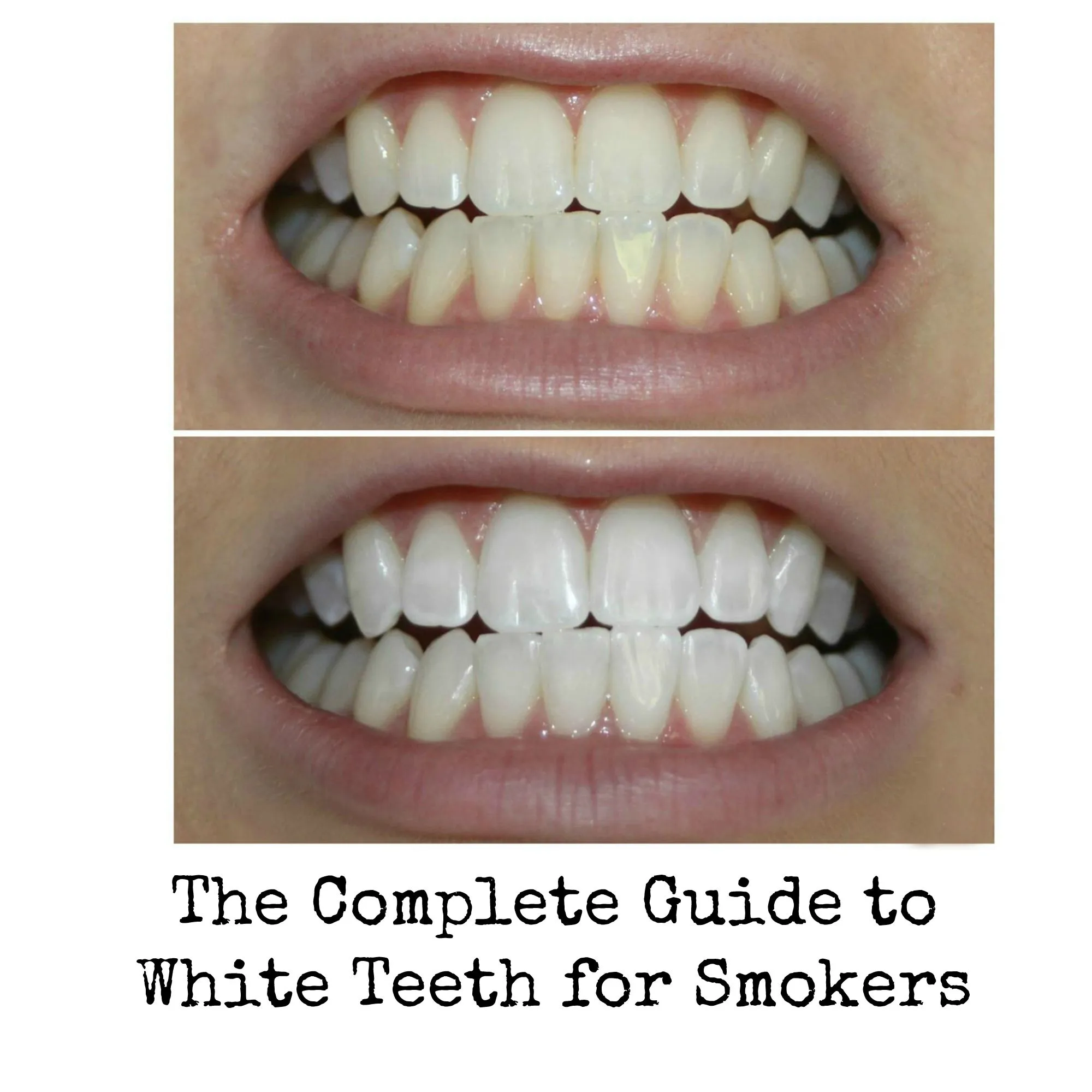Why You Shouldn’t Smoke After Teeth Whitening
Teeth whitening is a popular cosmetic dental procedure designed to brighten your smile and boost your confidence. However, the effectiveness and longevity of teeth whitening can be significantly impacted by certain habits, with smoking being one of the most detrimental. Understanding why you should avoid smoking after teeth whitening is crucial for anyone looking to maintain a bright, healthy smile. Smoking introduces a host of chemicals that can undo the effects of whitening and lead to a dull or stained appearance. Moreover, it compromises your overall oral health, increasing the risk of various dental problems. It is important to be aware of the negative impacts of smoking, if you want to have a sparkling smile.
Impact of Smoking on Teeth Whitening
The impact of smoking on teeth whitening is multifaceted, affecting both the immediate results and the long-term outcome of the treatment. The chemicals in tobacco, including nicotine and tar, are notorious for causing discoloration. When these substances come into contact with your teeth, they can quickly stain the enamel, leading to a yellow or brown tinge. This staining process is accelerated after whitening because the tooth enamel is more porous, making it easier for stains to penetrate. Moreover, smoking reduces saliva production, which is essential for washing away food particles and bacteria, further contributing to staining and oral health issues. Avoiding smoking is essential for keeping your teeth white.
Staining & Discoloration
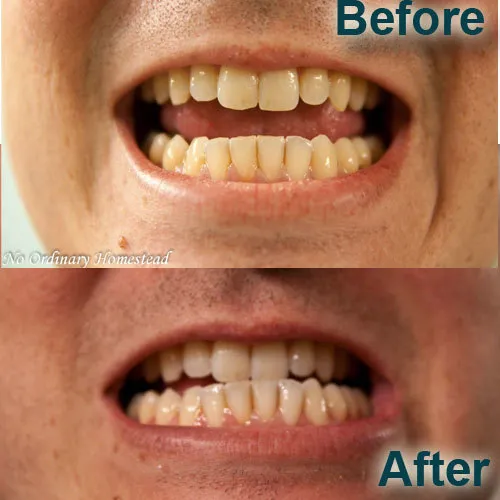
One of the most immediate and noticeable effects of smoking after teeth whitening is staining and discoloration. The porous nature of teeth after whitening makes them particularly susceptible to absorbing the chemicals found in tobacco. Tar and nicotine, in particular, are notorious for their staining properties. They quickly bond with the tooth enamel, leading to the appearance of yellow, brown, or even black spots. This discoloration can happen quite rapidly, sometimes within days or weeks of smoking after your whitening treatment. The extent of staining depends on factors such as the frequency of smoking and the individual’s oral hygiene practices. To prevent your teeth from losing their brightness, it is important to avoid smoking.
Reduced Effectiveness
In addition to causing immediate staining, smoking significantly reduces the effectiveness of teeth whitening treatments. The chemicals in tobacco break down the whitening agents used in the procedure, causing them to lose their efficacy. This means that the results of your whitening treatment may not last as long as they should, and you might find yourself needing more frequent or more intensive treatments to maintain your desired results. Smoking also affects the natural structure of your teeth, making them more prone to future staining and damage. This means smoking can make the whitening process much more difficult and can also affect the overall health of your teeth. For the best results, you should avoid smoking before and after teeth whitening.
How Long to Wait Before Smoking After Teeth Whitening?
Determining how long to wait before smoking after teeth whitening is crucial for maximizing the treatment’s benefits and protecting your oral health. The waiting period provides your teeth with the time they need to recover and re-mineralize. During this period, the enamel pores close up, reducing the likelihood of staining. The ideal waiting time depends on the type of whitening treatment you have had and your individual habits, but a general guideline is essential. By adhering to this waiting period, you can significantly increase the lifespan of your teeth whitening results and promote healthier teeth. Remember, the longer you wait, the better your chances of maintaining a bright smile.
Minimum Waiting Time
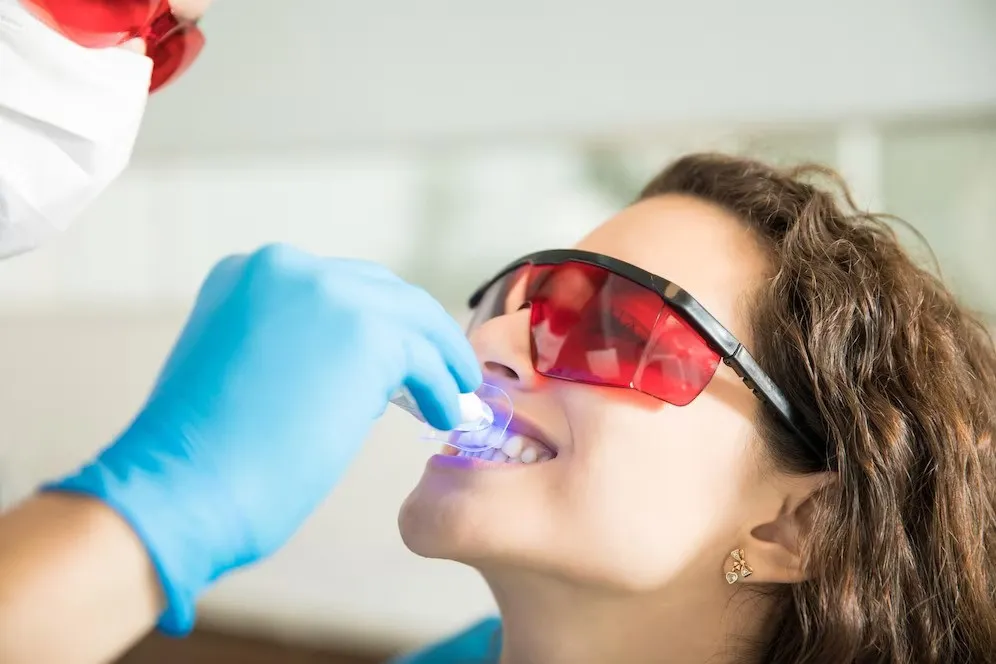
The minimum waiting time before smoking after teeth whitening is typically at least 48 hours. This period allows the initial porosity of your enamel to decrease. During this time, it is essential to avoid any substances that could stain your teeth, including coffee, tea, and dark-colored foods. The first 48 hours are critical because your teeth are most vulnerable to staining immediately after the whitening treatment. Even a single cigarette during this period can cause significant discoloration and compromise the results. If you can extend this period, it is highly recommended, but at a minimum, you should refrain from smoking for at least two days. Make sure that you are aware of the minimum waiting time before you have a teeth whitening treatment.
Optimal Waiting Time
The optimal waiting time before smoking after teeth whitening is to avoid smoking altogether, or, at the very least, for as long as possible. Ideally, you should wait for at least a week, if not longer, to smoke after your whitening treatment. This extended period allows the enamel to fully recover and significantly reduces the risk of staining. Prolonged abstinence from smoking not only preserves your bright smile but also contributes to your overall health. It is important to note that the longer you abstain from smoking, the better your teeth whitening results will be. Try to make a plan to stop smoking or reduce your smoking habit, especially after teeth whitening.
Factors Influencing Waiting Time
Several factors can influence the ideal waiting time before smoking after teeth whitening. The type of whitening treatment, your smoking habits, and your oral hygiene practices all play a role. Professional whitening treatments often involve stronger bleaching agents, which can make your teeth more porous initially. In such cases, a longer waiting period may be beneficial. If you are a heavy smoker, the risk of staining is higher, and a more extended abstinence period is recommended. Similarly, maintaining excellent oral hygiene, including regular brushing and flossing, can help protect your teeth from staining, even if you smoke after the recommended waiting time. Consider these factors when planning your whitening treatment and how long you should avoid smoking.
Types of Teeth Whitening and Smoking
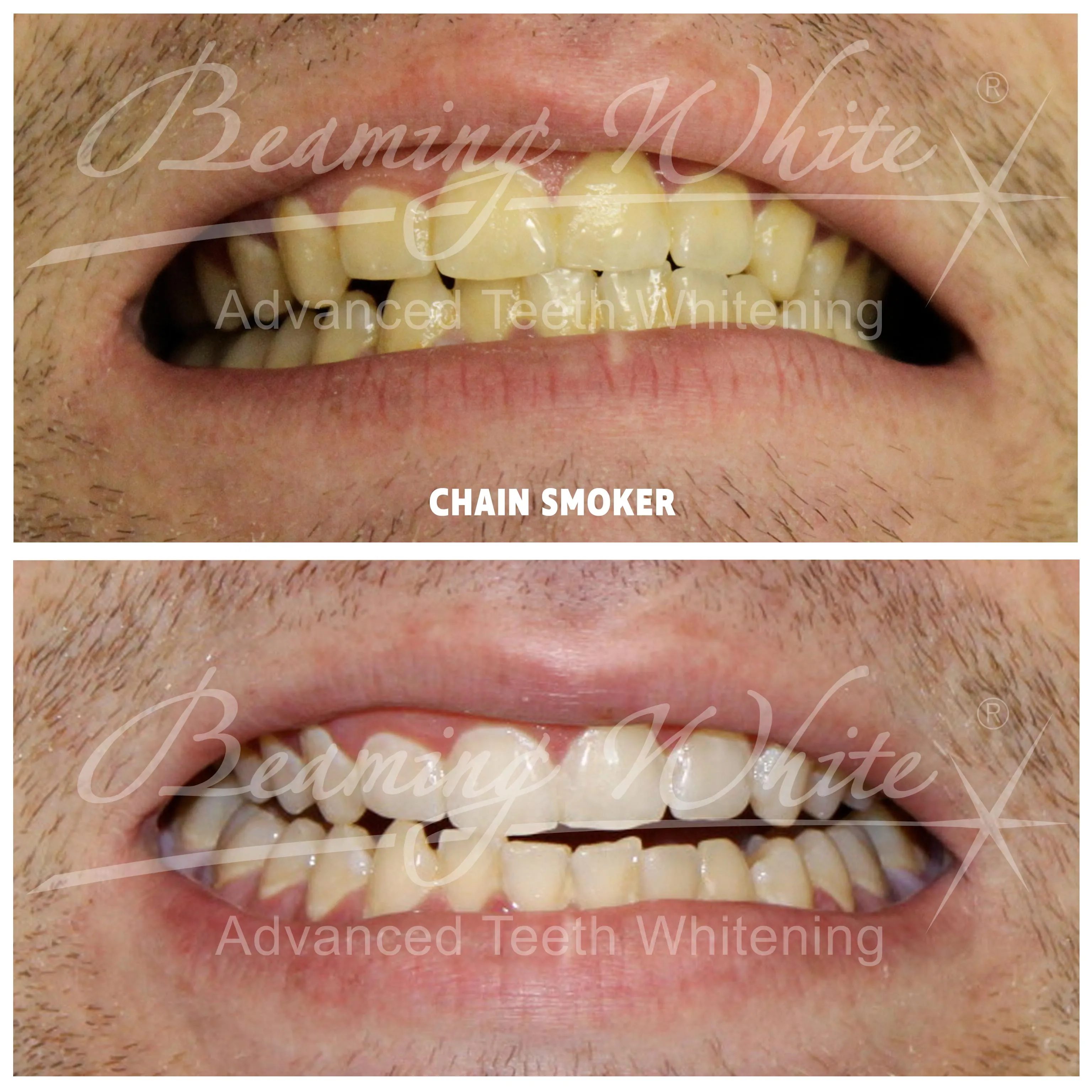
Different types of teeth whitening treatments have varying implications regarding smoking. Understanding these differences can help you make informed decisions and choose the right approach for your needs. The intensity of the whitening procedure and the condition of your teeth can influence how susceptible they are to staining from smoking. In all cases, it is important to be aware of these factors. Whether you are getting professional whitening or using at-home kits, your post-treatment behavior will significantly impact the results. Take time to learn more about each type of teeth whitening, especially if you are a smoker.
Professional Whitening
Professional teeth whitening, performed by a dentist, typically involves the use of stronger bleaching agents and more concentrated formulas. This can lead to greater initial porosity in your enamel. As a result, your teeth may be more vulnerable to staining immediately after the treatment. It’s often recommended to wait at least a week before smoking after professional whitening to allow the enamel to stabilize. The dentist may also provide specific aftercare instructions to help you maintain your results, which should be followed closely. Remember, the effectiveness and duration of professional whitening treatments depend significantly on your post-treatment habits. Avoid smoking for the best results.
At-Home Whitening Kits
At-home teeth whitening kits, which include options such as whitening strips, trays, and toothpastes, typically use less potent bleaching agents than professional treatments. However, the risk of staining from smoking remains significant. After using an at-home kit, it is still crucial to wait at least 48 hours before smoking, but ideally much longer. The instructions for at-home kits often include guidelines on avoiding staining foods and drinks. Combining these with a period of abstinence from smoking can help you achieve the best results. While these kits are more convenient, the impact of smoking on your results is just as detrimental.
Maintenance After Teeth Whitening

Maintaining the results of your teeth whitening treatment requires diligent care and attention to your oral hygiene and lifestyle choices. This includes not only avoiding smoking but also being mindful of your diet and the products you use. Proper maintenance ensures that your bright, white smile lasts longer, and your teeth remain healthy. This means paying attention to factors such as your diet, oral hygiene, and any alternatives to smoking. By adopting these maintenance strategies, you can enjoy the benefits of your teeth whitening treatment for an extended period.
Dietary Considerations
Your diet plays a significant role in maintaining your bright smile. Certain foods and drinks can stain your teeth, especially after whitening. Coffee, tea, red wine, and dark-colored berries are all known culprits. It is advisable to limit or avoid these items immediately after your treatment and to consume them in moderation afterward. Using a straw for drinks can also help minimize contact with your teeth. Eating a balanced diet rich in calcium and other nutrients promotes overall oral health, which contributes to maintaining the effects of teeth whitening. Pay attention to the foods you consume as part of your aftercare routine.
Oral Hygiene Practices
Good oral hygiene is essential for preserving your teeth whitening results. Brush your teeth at least twice a day with a whitening toothpaste that is designed to remove surface stains gently. Floss daily to remove plaque and food particles from between your teeth, where brushing can’t reach. Using a mouthwash can also help keep your mouth clean and reduce the buildup of bacteria. Regular dental check-ups and professional cleanings are also crucial to maintain your oral health. Regular brushing and flossing, along with professional cleanings, can prevent stains and keep your teeth looking their best. Proper oral hygiene is the key to a long-lasting white smile.
Alternatives to Smoking
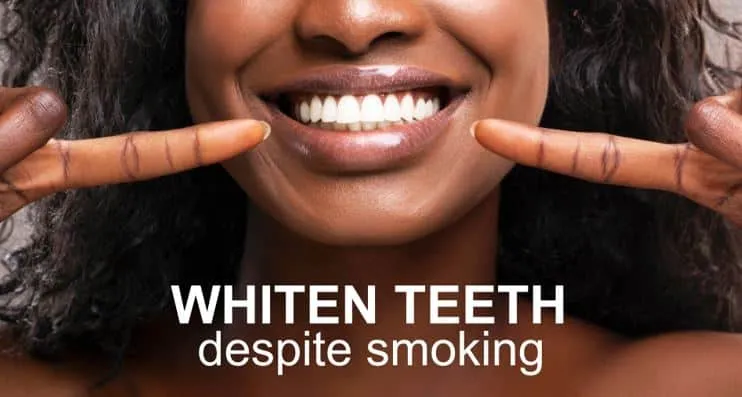
Quitting smoking or reducing your smoking habits is the most effective way to protect your teeth whitening investment and improve your overall health. There are numerous resources available to help you quit smoking, from nicotine replacement therapies to counseling and support groups. Exploring these alternatives can significantly increase your chances of success and help you maintain a healthy, bright smile. Remember, quitting smoking is not only good for your teeth but also for your overall well-being. With the right support and strategies, you can break free from the habit and enjoy a healthier lifestyle.
Nicotine Replacement Therapy
Nicotine replacement therapy (NRT) can be a helpful tool in your journey to quit smoking. NRT products, such as patches, gum, lozenges, and inhalers, provide controlled doses of nicotine to reduce withdrawal symptoms. These products can help you manage cravings and make it easier to cut back on smoking gradually. NRT is often used in combination with other support strategies, such as counseling or support groups, for maximum effectiveness. Consult with your doctor or a healthcare professional to find out which NRT option is best for you. Using NRT can increase your chances of successfully quitting smoking and protecting your teeth whitening results.
Other Alternatives
In addition to nicotine replacement therapy, there are many other alternatives to help you quit smoking. These include prescription medications, behavioral therapies, and support groups. Prescription medications, such as bupropion and varenicline, can help reduce cravings and withdrawal symptoms. Behavioral therapies, like cognitive-behavioral therapy (CBT), can help you develop coping mechanisms to deal with triggers and cravings. Support groups provide a community where you can share your experiences and get encouragement. By exploring these various alternatives, you can find the combination of strategies that works best for you. Finding the right approach can significantly improve your chances of quitting smoking and maintaining a bright, healthy smile.
Frequently Asked Questions
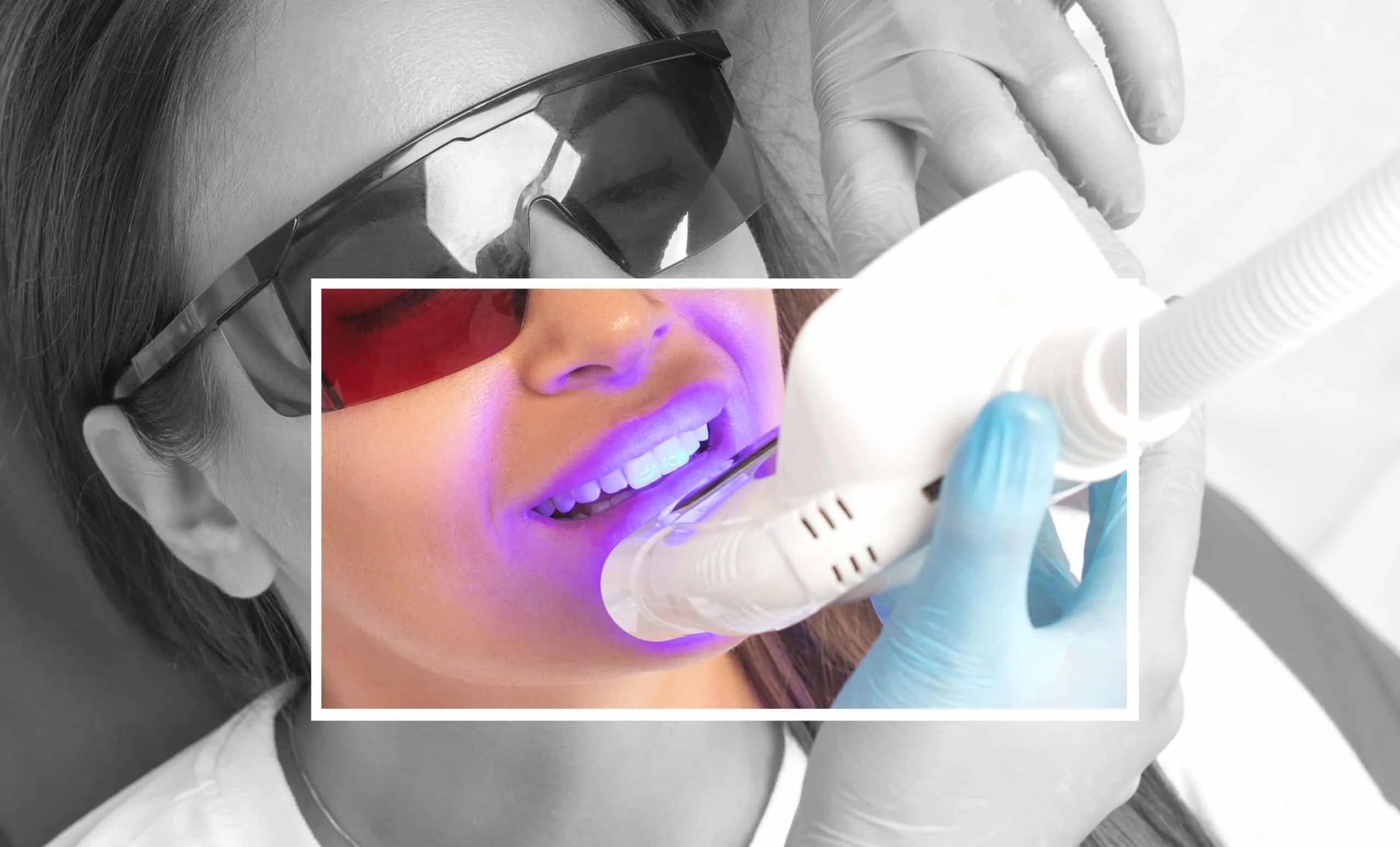
Here are some common questions about smoking after teeth whitening to help you further understand this important topic. If you have additional questions, don’t hesitate to consult your dentist or healthcare provider.
